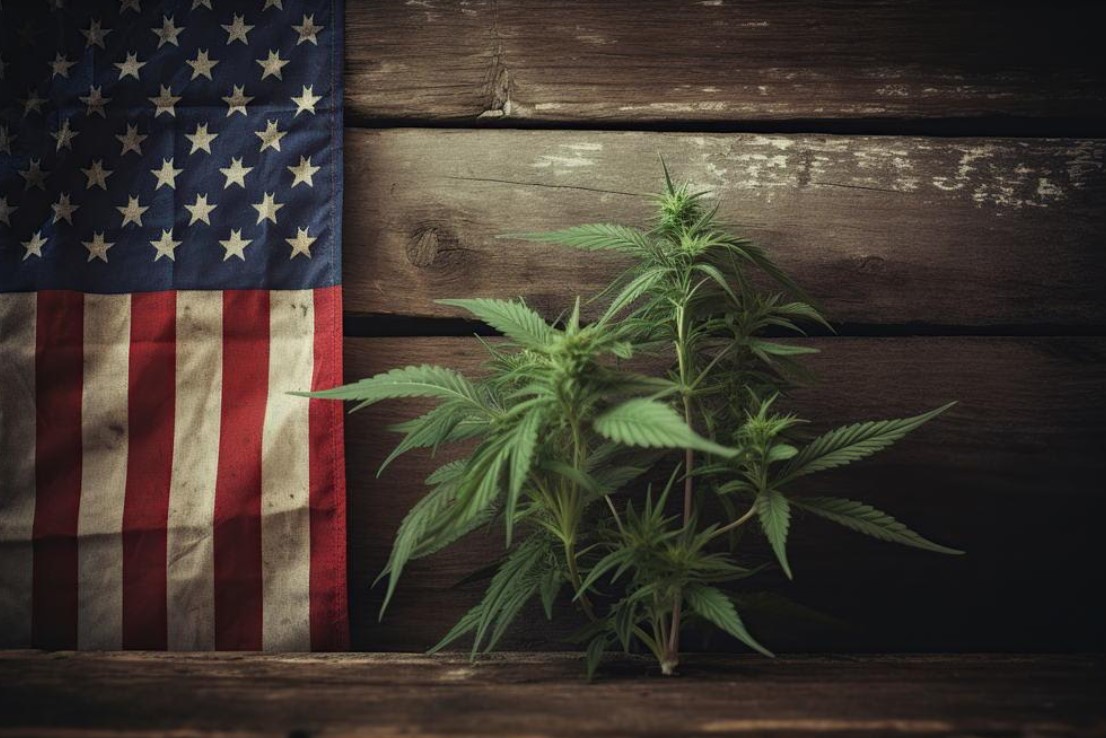
Most cannabis discussions in recent years have focused on whether states should defy federal law by legalizing it within their borders. The debate has taken on moral and ethical overtones along with its political undercurrent. But along the way, we have lost sight of the realities of implementing cannabis legalization. And if we take a look at those realities, cannabis becomes an object lesson in big government.
At the core of this lesson is the pro-cannabis community petitioning the government to get what they want. It is hard to believe they didn’t know that regulating authorities would insert themselves into the industry. In fact, this is exactly what has happened. In some states, like California and New York, rollout has been nothing short of an unmitigated disaster.
California Is the Poster Child
California is considered the poster child for legal marijuana thanks to its role in leading the charge to legalization back in the 1990s. It is also fair to assume that California represents the largest marijuana market in the United States. Yet the Golden State is also the poster child of government interference.
Marijuana businesses in California face a litany of taxes. Excise taxes, state sales taxes, local taxes, and a business tax are all on the table. Guess what taxes do? They increase retail prices. Every government entity that wants a piece of the action adds to the cost of doing business. Ultimately, retail customers pay for it.
Did government officials know this when they legalized marijuana in California? Absolutely. What defies logic is their expectation that black-market operators would suddenly stop doing business. They didn’t. They won’t. Black-market operators are more than happy to sell cheaper product to customers who actually do care about price.
New York Can’t Get Out Of Its Own Way
On the other side of the country is the Empire State, a state that cannot seem to get out of its own way where marijuana legalization is concerned. The state legalized recreational cannabis before putting the infrastructure in place to control it. State authorities then turned a blind eye while thousands of unlicensed businesses popped up.
Now they are trying to go back and undo what they did. They are not having much success. Untold numbers of unlicensed retailers are selling legal marijuana without adhering to state regulations. Others are selling black-market marijuana obtained from a variety of markets both in and out of state.
Government Involvement Always Has Consequences
Government involvement in any industry always has consequences. We can debate all day long whether those consequences are good or bad, but they exist, nonetheless. How states choose to involve themselves in the cannabis industry matters.
Utah is a very conservative state with a medical-only cannabis program. Things in the Beehive State are not nearly as chaotic as they are in California and New York. Nonetheless, the consequences of government involvement are still evident. Anyone who visits the Beehive Farmacy near Logan, UT can see it for themselves.
Medical cannabis is more expensive in Utah than it needs to be. High prices are the result of artificially controlled supply, state taxation, and the high cost of doing business under such a heavily regulated environment. Do Utah medical cannabis patients still buy on the black market? It is almost guaranteed.
None of this is to say that government should not be involved in regulating marijuana. It is simply to say that marijuana proponents can’t have it both ways. If they want the government to legalize their drug of choice, they have to be prepared for consequences of allowing government to insert itself into the industry.
